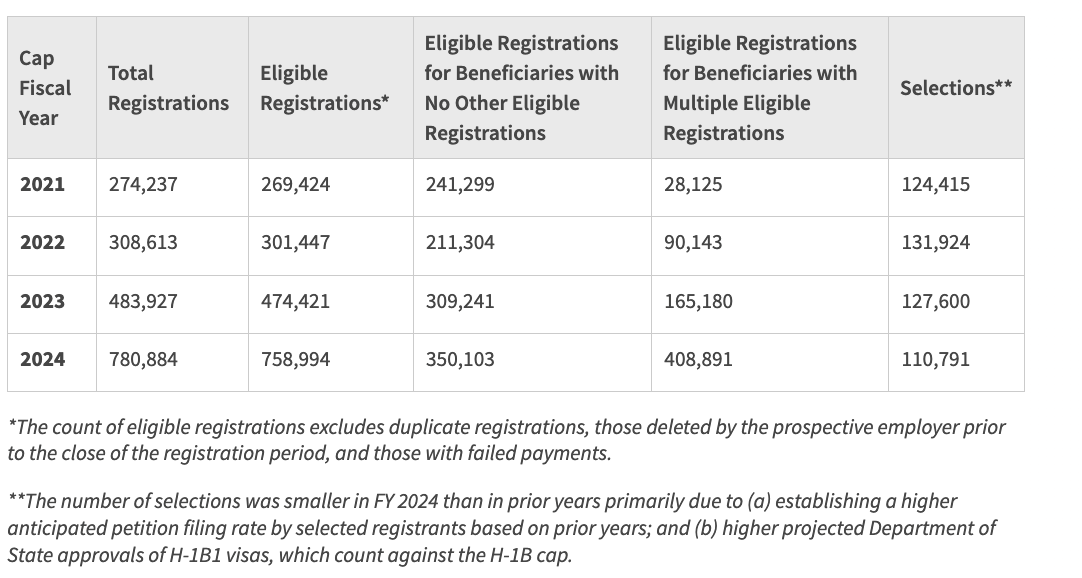 Last week the United States Citizenship and Immigration Services (USCIS) released a new policy memorandum that requires the agency to initiate removal proceedings after it denies an application for an immigration benefit, if the foreign national is no longer lawfully present in the United States.
Last week the United States Citizenship and Immigration Services (USCIS) released a new policy memorandum that requires the agency to initiate removal proceedings after it denies an application for an immigration benefit, if the foreign national is no longer lawfully present in the United States.
Importantly, the memo exempts certain individuals including beneficiaries of employment-based petitions, but it does not exempt dependent family members.
The memorandum also broadens USCIS’s authority to begin removal proceedings for certain foreign nationals with previous criminal charges, arrests, or convictions.
It is effective immediately.
How will USCIS implement this policy?
Under this policy, USCIS will initiate removal proceedings against a foreign national by issuing a Notice to Appear (NTA) after it has denied an application for an immigration benefit, if the foreign national no longer has a lawful basis to remain in the United States.
The issuance of a Notice to Appear (NTA) commences removal (deportation) proceedings in immigration court. Those who are issued an NTA must appear on the scheduled date before a judge who will decide whether the foreign national has a lawful basis to remain in the country or should be removed.
Traditionally, Notices to Appear (NTAs) have been issued by Immigration Customs and Enforcement (ICE) and Customs and Border Protection (CBP) officials.
However, USCIS also has the authority to issue NTAs in limited circumstances defined in policy memorandums issued by the agency.
 Visa Lawyer Blog
Visa Lawyer Blog












